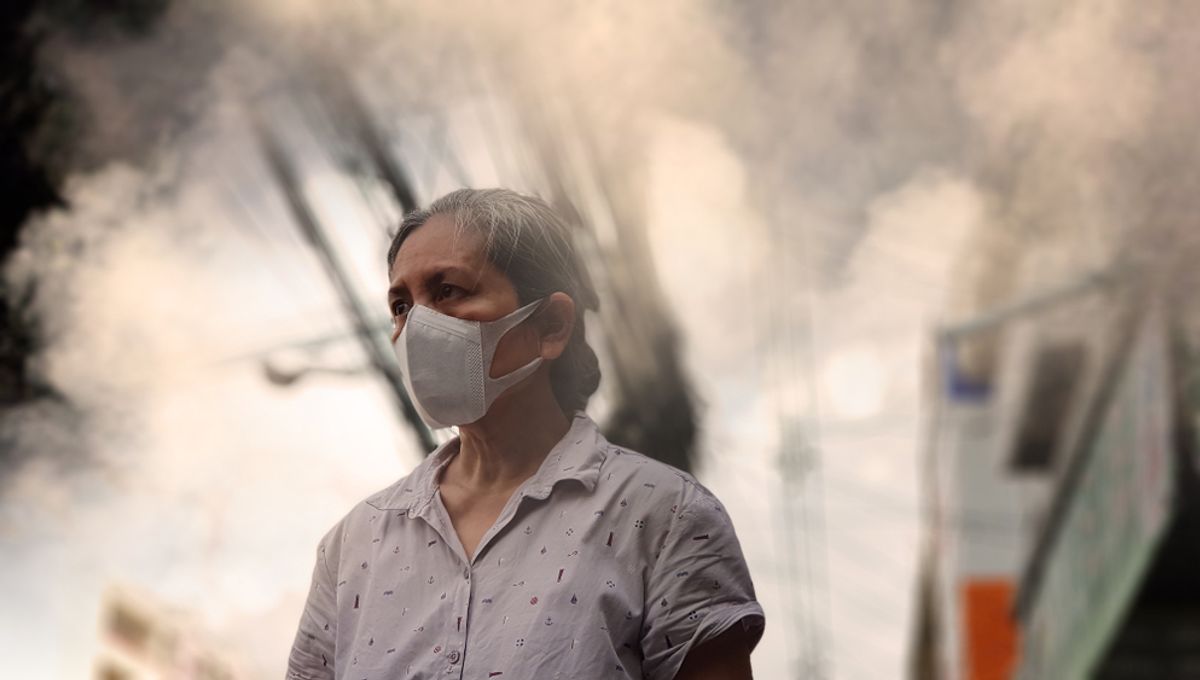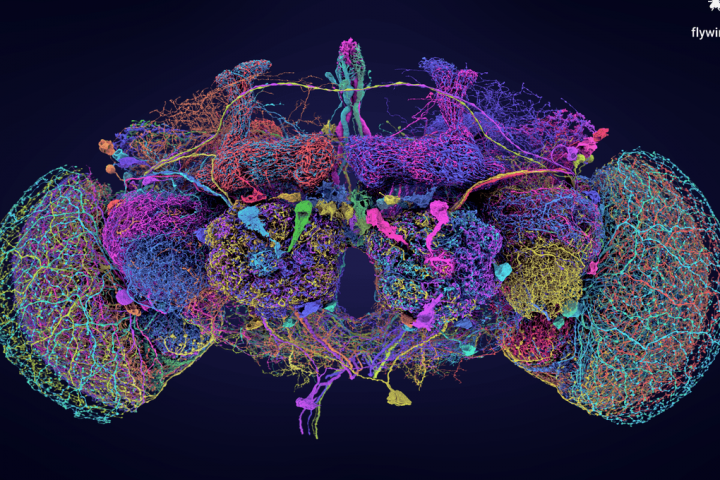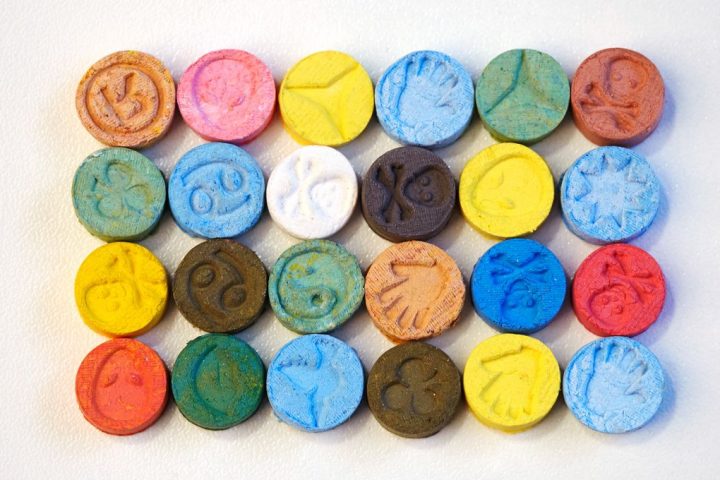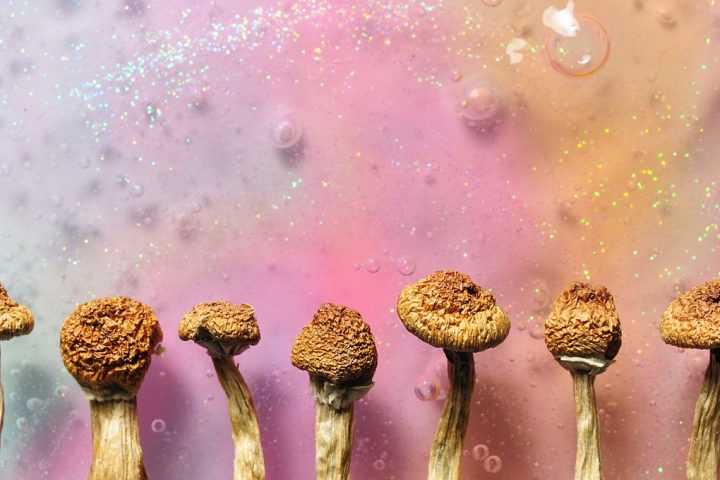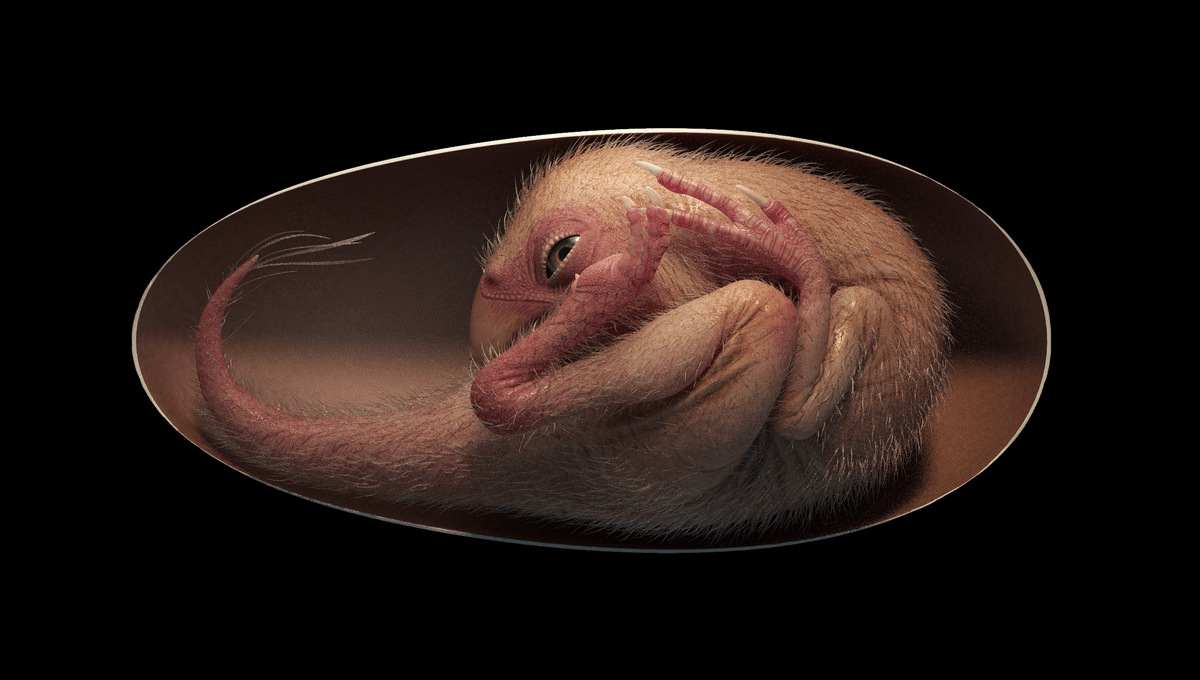It’s fascinating how many people are eager to believe that major killers like COVID-19 were created by humanity, despite the overwhelming evidence pointing in the opposite direction. However, what they fail to acknowledge are the dangers we are inflicting upon ourselves.
One of the most significant threats is air pollution, which is responsible for causing anywhere between 3 million and 9 million deaths annually, depending on estimates. This makes it one of the deadliest challenges humanity has ever faced. Additionally, antibiotic resistance is already causing 1.3 million deaths each year, and this number is expected to rise to 10 million. While resistance is a natural response to controlling microorganisms, the over-prescription of antibiotics and their use in livestock feed have exacerbated the problem.
Surprisingly, these two issues may be more closely related than we think. Professor Hong Chen of Zhejiang University has uncovered evidence suggesting a connection. Chen and his colleagues compared rates of PM2.5 particles (particles 2.5 microns across or less) with test results for bacterial species and antibiotics. They discovered that for every 1 percent increase in particulate rates, there was a corresponding increase of 0.5 to 1.9 percent in antibiotic resistance. The relationship appears to be strengthening over time.
Although this correlation does not prove causation, the data is consistent enough to suggest a significant link. In fact, Chen concludes that air pollution is one of the primary factors contributing to the rise of antibiotic resistance, surpassing health spending, drinking water services, and frequency of antibiotic use. In heavily polluted regions like North Africa, the contribution is even higher.
The exact mechanism behind this connection remains unclear. However, it is possible that bacteria hitch a ride on small particles, allowing resistant bacteria to spread more easily. Air pollution may also weaken people’s immune systems, providing an opportunity for resistant bacteria to thrive. Additionally, pollutants may facilitate the transfer of antibiotic resistance genes between bacteria.
“Controlling air pollution could have dual benefits,” says Chen. “Not only will it reduce the harmful effects of poor air quality, but it could also play a major role in combating the rise and spread of antibiotic-resistant bacteria.”
The team estimates that air pollution’s contribution to antibiotic resistance caused 480,000 premature deaths in 2018, resulting in a loss of 18.2 million years of life. Without intervention, deaths related to antibiotic resistance are projected to reach 840,000 per year by 2050. However, by implementing pollution control measures, practicing cautious antibiotic use, and improving drinking water supplies, we could save over 600,000 lives annually from antibiotic resistance alone. And let’s not forget about the numerous other benefits of cleaner air and water.
This groundbreaking study is published in the Lancet Planetary Health.
